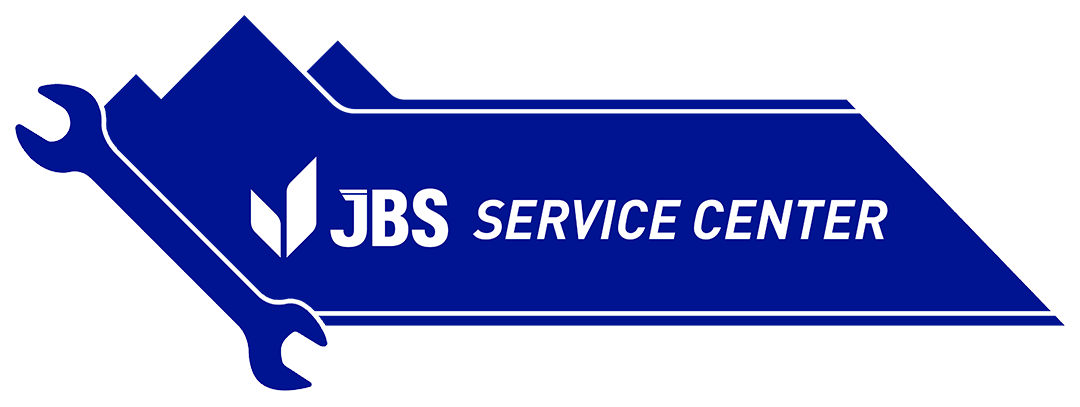DIAGNOSTICS
Agriculture machines are vital tools in the agricultural industry, allowing for more efficient and productive farming practices. As with any machine, it is essential to regularly perform diagnostics to identify any potential issues or malfunctions. By conducting diagnostics on your agriculture machine, you can prevent breakdowns, enhance its longevity, and ensure optimal performance.
Hydraulic System Diagnosis
Inspect Hydraulic Fluid: Check the hydraulic fluid level for proper lubrication. If necessary, replenish the fluid. Check Hoses and Fittings: Inspect the hoses and fittings for any signs of leaks, cracks, or damage. Replace any faulty components. Perform a Pressure Test: Attach a gauge to a suitable port on the hydraulic system and measure the pressure. Normal pressure levels should be within the specified range. Test Actuators: Check the functionality of actuators by operating them manually or through a hydraulic system. Inspect Valves and Pumps: Inspect the valves, pumps, and proportional control valves to ensure they are functioning properly.
Electronic System Diagnosis
Inspect Wiring Connections: Check for any loose, damaged, or corroded connections in the electronic control system’s wiring harness. Test Sensors: Use a multimeter to test the resistance of sensors to ensure they’re sending accurate signals. Inspect Control Modules: Visually inspect control modules for any signs of damage, corrosion, or overheating. Check Error Codes: Consult the machine’s owner’s manual or diagnostic tools to retrieve error codes and troubleshoot any problems. Perform a Voltage Test: Use a multimeter to measure the voltage levels at specific points in the electronic control system’s wiring harness.
Mechanical System Diagnosis
-
Inspect fluids: Check gearbox drive component oils for colour, contamination, and debris.
-
Inspect Gearboxes: Check for heat generation, leaking seals, grinding noises, worn out bearings, chipper or missing teeth and misalignment.
-
Inspect wheel bearings: Check for wheel bearing play, fluid or grease colour and contamination.
- Inspect PTO shafts. Check for bent or twisted shafts, tubes should slide easily apart, check U joints and yokes for excessive play or movement.
- Inspect floor chain and drive components : Check chain is properly tensioned, links move freely, drive chain is lubed and in good condition, sprockets are not worn out, idler sprockets turn freely.
